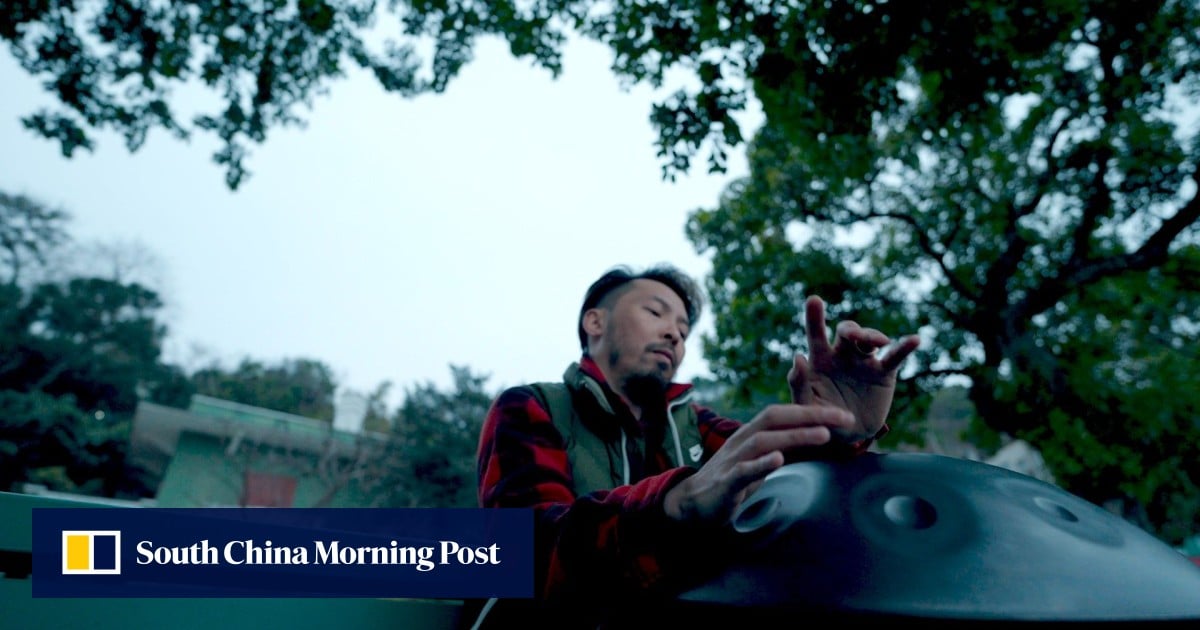Walking the streets of Macau, one is constantly reminded of the city’s history as a Portuguese trading outpost, from the southern European architecture to the bilingual street signs. Macanese cuisine, a blend of Portuguese and Asian cooking widely known as the original fusion food, is also part of that legacy.
Far less known to the outside world, however, is Patuá, a creole language developed within the Macanese community of mixed Portuguese-Chinese people. Dating back to the 16th century, Patuá is primarily based on Portuguese but also borrows from Cantonese as well as Japanese, Timorese, Malay, Konkani (the language of Goa, India), Hindi, Dutch and English.
Today, Patuá is classified as “critically endangered” by Unesco, with only an estimated 50 fluent speakers remaining. But a movement is under way to preserve the language, started by a younger generation of Macanese who recognise the value of their unique heritage.
They include Elisabela Larrea, an eighth-generation Macanese and scholar who has devoted her work to preserving Patuá through various mediums, including theatre.
“As far back as the 1930s, many parents [in Macau] would disallow their children from speaking Patuá as they wanted the next generation to speak standard Portuguese, which they believed would help secure better jobs and futures,” she says.
“But in recent years, views have changed, and they realise that creole languages reflect history and the lives of people in different cultures. Many are now retrieving the language and relearning it. Compared to 20 years ago, there are more people speaking it.”
Larrea did not grow up speaking Patuá, but when her mother took her to a play written in the language, she immediately connected with that piece of her heritage. “It just felt like home,” she recalls of that introduction 24 years ago. “There were words that I did not know, but I was surprised that I understood what they were saying, and people in the audience were laughing and having fun.”
On her mother’s advice, Larrea started learning Patuá, and she has since built a body of academic and creative work around the language. In 2007, she made the documentary Sons of the Land, about Macanese culture and Patuá. While working on that project, she met the Patuá-speaking theatre group Dóci Papiaçám di Macau, and ended up becoming one of its members.
“Whenever we speak Patuá, it evokes our cultural identity, our sense of belonging and our connection to Macau, as the language was born right here,” she says. “It reminds us of the story of our ancestors – how people from different corners of the world crossed paths in this community.”
Another Macanese champion of Patuá is Delfino Gabriel, an amateur contemporary musician who uses the language in his song lyrics in order to showcase the beauty and versatility of the words.
“I loved listening to Western music growing up, and I played in a band at secondary school. But it was when I went to university in Europe that I got to know a really different music culture,” he says. “People would find somewhere to listen to music every weekend, and we’d also go to [outdoor] music festivals while camping in the wild. Those experiences inspired me to continue being involved with music.”
Becoming a father of two led Gabriel to reflect on his heritage, and he started going to Patuá theatre performances to get to know the language. “Around 2019, I began looking at my own cultural identity and finding out more,” he says. “I wanted to learn how to tell my two daughters that they are Macanese and what it means.”
Enlisting help from friends proficient in Patuá, Gabriel combines lyrics using the creole words with modern music aimed at capturing the interest of young people. He experiments with writing songs that mix Cantonese, Portuguese or English words with those of Patuá.
“I want my music to speak to different audiences, and those who understand one of the languages may listen to it and then want to find out more about the Patuá part,” he says.
“I don’t expect people to learn how to speak Patuá through my music, but I want to make people aware of it. I want to make a contribution to my community,” he adds. “As someone of Macanese heritage, if I don’t take up this mission, who else should?”
Watch the video to find out more about the endeavours by Macau locals to keep Patuá alive.







